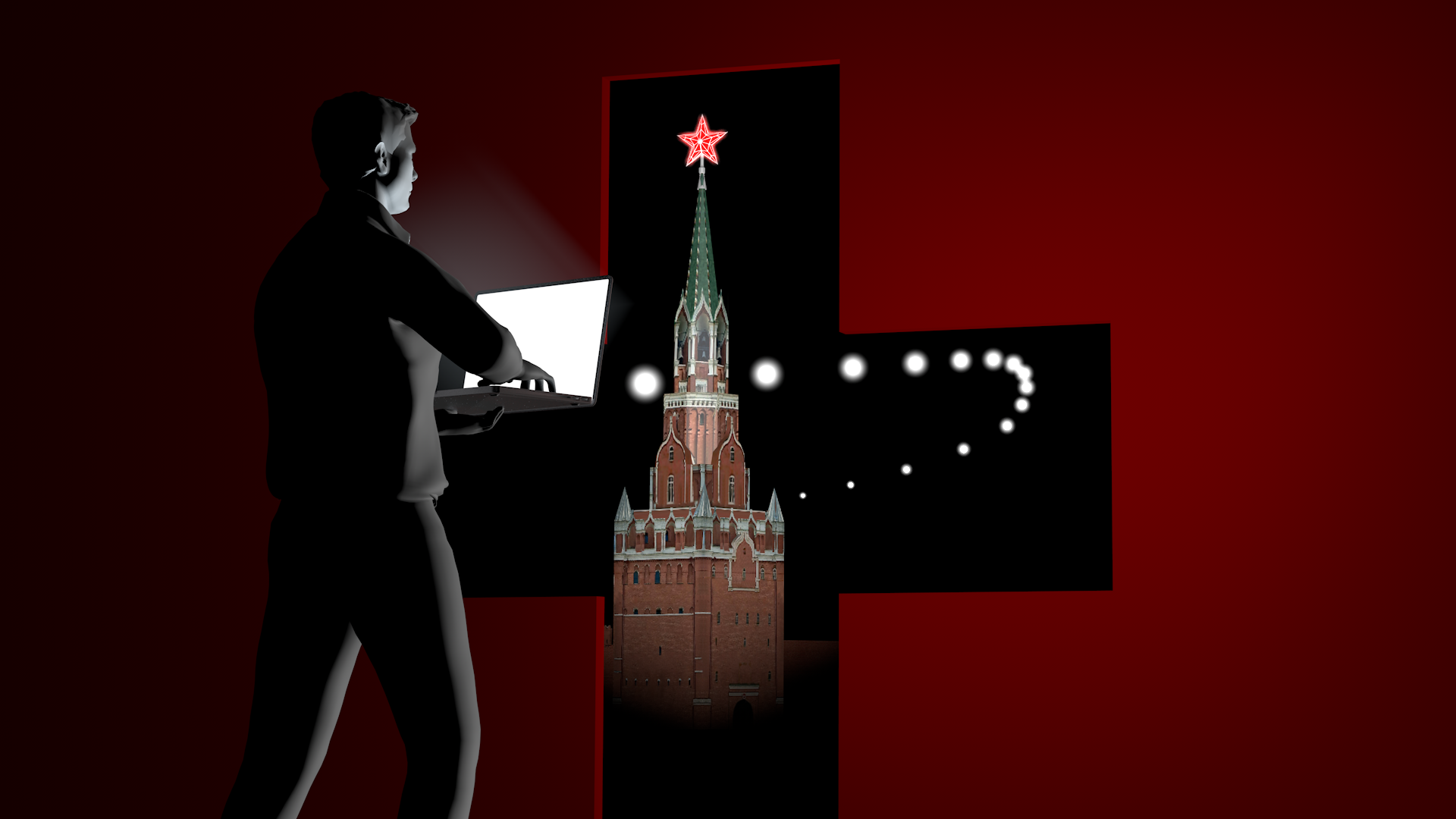Swiss who fought for French Resistance await rehabilitation

Over the past few years, Switzerland has done a great deal of soul-searching about its role in the Second World War. But one episode which has still not been properly addressed is the jailing of those Swiss who fought with the French Resistance against the Nazis.
Despite a series of unsuccessful motions in parliament demanding their rehabilitation, very little is known about this group, estimated at between 300 and 500 men, the overwhelming majority of whom came from French-speaking Switzerland, in particular the cantons of Geneva and Vaud.
One man who has taken on the task of investigating this period is Geneva historian, Luc van Dongen: “The whole question has been rather brushed under the carpet,” he told swissinfo.
“After the war, the myth of ‘official resistance’ was developed and that perhaps eclipsed the other forms of resistance carried out by civil society,” he said.
Van Dongen says it is difficult to ascertain how many Swiss actually fought the Germans in France. But he estimates that between 1944 and 1945, between 200 and 300 Swiss were imprisoned for fighting with the French Resistance, or trying to do so.
They had violated the famous article 94 of the Swiss military penal code, which forbids citizens from fighting with a foreign army. The law, which remains in force today, was applied to the Swiss resistance fighters only after June 1944, when the Resistance was transformed into a regular army, the French Home Forces (FFI).
Those caught typically received sentences of a few months, but about 13 per cent of them were imprisoned for between two and five years. To the main charge, others were often added – illegally crossing the border, failure to obey orders and deserting with a weapon.
“Some had to pay a high price, as they often lost their civil rights as a result of their engagement,” Van Dongen says.
During his research, he found that, while a number of Swiss crossed the Jura mountains, Lake Geneva and the Alps to fight alongside the French from the early days of the war, there was a noticeable wave crossing the border after the D-Day landings and the liberation of Paris in the summer of 1944.
Most of these irregular soldiers saw action in the French departments closest to Switzerland. But some fought farther afield, some ending up in North Africa or South-East Asia.
The majority of them were young, skilled labourers, although they came from across the social spectrum. The most celebrated Swiss member of the Resistance was the banker Conrad Hentsch, who held dual French-Swiss nationality. He got a one-month suspended sentence for illegally crossing the border.
Van Dongen says the reasons for fighting in France were many and varied. Some went because of their political convictions, others out of a sense of adventure, many because of a close affinity to France and an antipathy towards Germany.
Many went for personal reasons – to avenge the death of a relative killed by the Nazis, or to escape financial or emotional problems at home.
“Finding a motive for their actions was one of the hardest parts of my study,” van Dongen says. “But the political or ideological motive was not as great as for those Swiss who fought for the International Brigades in the Spanish Civil War, or for those Swiss who joined the Waffen-SS.”
Almost 2,000 Swiss, 870 of them resident in Switzerland, fought for Nazi Germany. Some 1,300 of these volunteered for the Waffen-SS, and these too were sentenced on their return from military service abroad.
The historian says that it was equally difficult to find evidence of a pro-Resistance network in western Switzerland because those arrested would claim to be acting alone to avoid implicating comrades. By its very nature, such a network had to remain clandestine to be effective.
Yet he says he came across a great deal of circumstantial evidence pointing to groups of Swiss who channelled arms and medicines to the resistance and who helped to smuggle wounded fighters and Jews to safety.
Van Dongen says he regrets that there has not been a proper public debate about those who fought alongside the Resistance and their possible rehabilitation.
“We should have a debate, and not simply to excuse the official policies. Things were not black and white. This episode raises questions about how the Swiss interpreted the notion of neutrality,” he says.
“We need to ask: are there times when laws can be broken, when we should listen to our conscience? It would send an important message to future generations.
by Roy Probert

In compliance with the JTI standards
More: SWI swissinfo.ch certified by the Journalism Trust Initiative








You can find an overview of ongoing debates with our journalists here . Please join us!
If you want to start a conversation about a topic raised in this article or want to report factual errors, email us at english@swissinfo.ch.